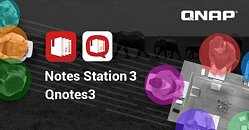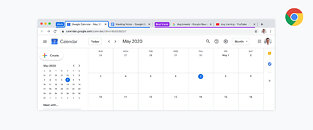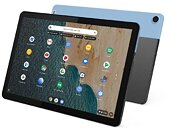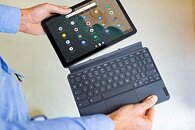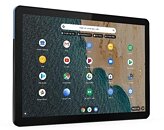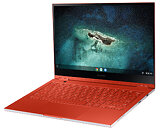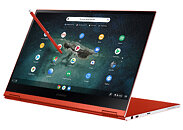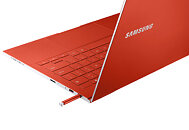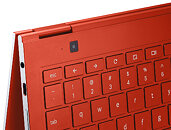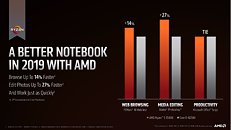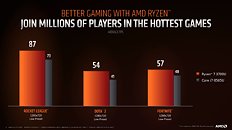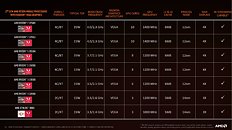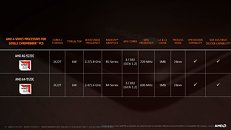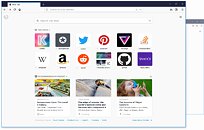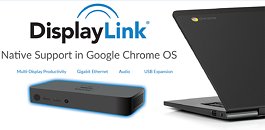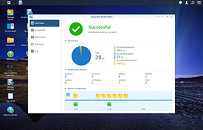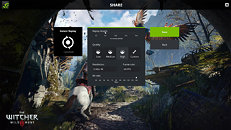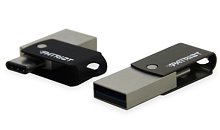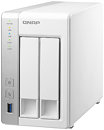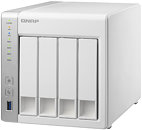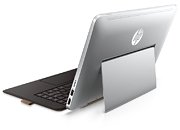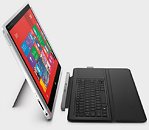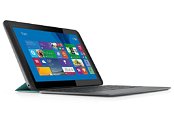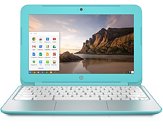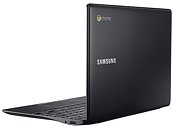
Steam Ends Windows 7 and Windows 8/8.1 Support
As of January 1st, 2024, Steam has officially stopped supporting the Windows 7, Windows 8, and Windows 8.1 operating systems. After that date, existing Steam Client installations on these operating systems will no longer receive any updates, including critical security updates. Steam Support will be unable to offer technical assistance to users still on these older operating systems. Steam also cannot guarantee the continued functionality or security of the Steam client and games purchased through Steam on unsupported Windows versions. Users are strongly encouraged to update to a newer Windows 10 or 11 version to ensure Steam and its games continue functioning properly beyond the January 1st cutoff date.
This change is necessary because core Steam features rely on an embedded version of Google Chrome that no longer functions on older Windows. Future Steam versions will also require Windows features and security updates only present in Windows 10 and later. With Microsoft having ended security updates and technical support for Windows 7 in 2020 and Windows 8.1 in 2023, these older operating systems are increasingly vulnerable to new malware exploits when connected to the internet. This malware can negatively impact PC performance, cause Steam and games to crash, or be used to steal Steam account credentials. Updating to a supported Windows version is highly recommended for all Windows 7/8/8.1 users to continue securely running Steam.
This change is necessary because core Steam features rely on an embedded version of Google Chrome that no longer functions on older Windows. Future Steam versions will also require Windows features and security updates only present in Windows 10 and later. With Microsoft having ended security updates and technical support for Windows 7 in 2020 and Windows 8.1 in 2023, these older operating systems are increasingly vulnerable to new malware exploits when connected to the internet. This malware can negatively impact PC performance, cause Steam and games to crash, or be used to steal Steam account credentials. Updating to a supported Windows version is highly recommended for all Windows 7/8/8.1 users to continue securely running Steam.







